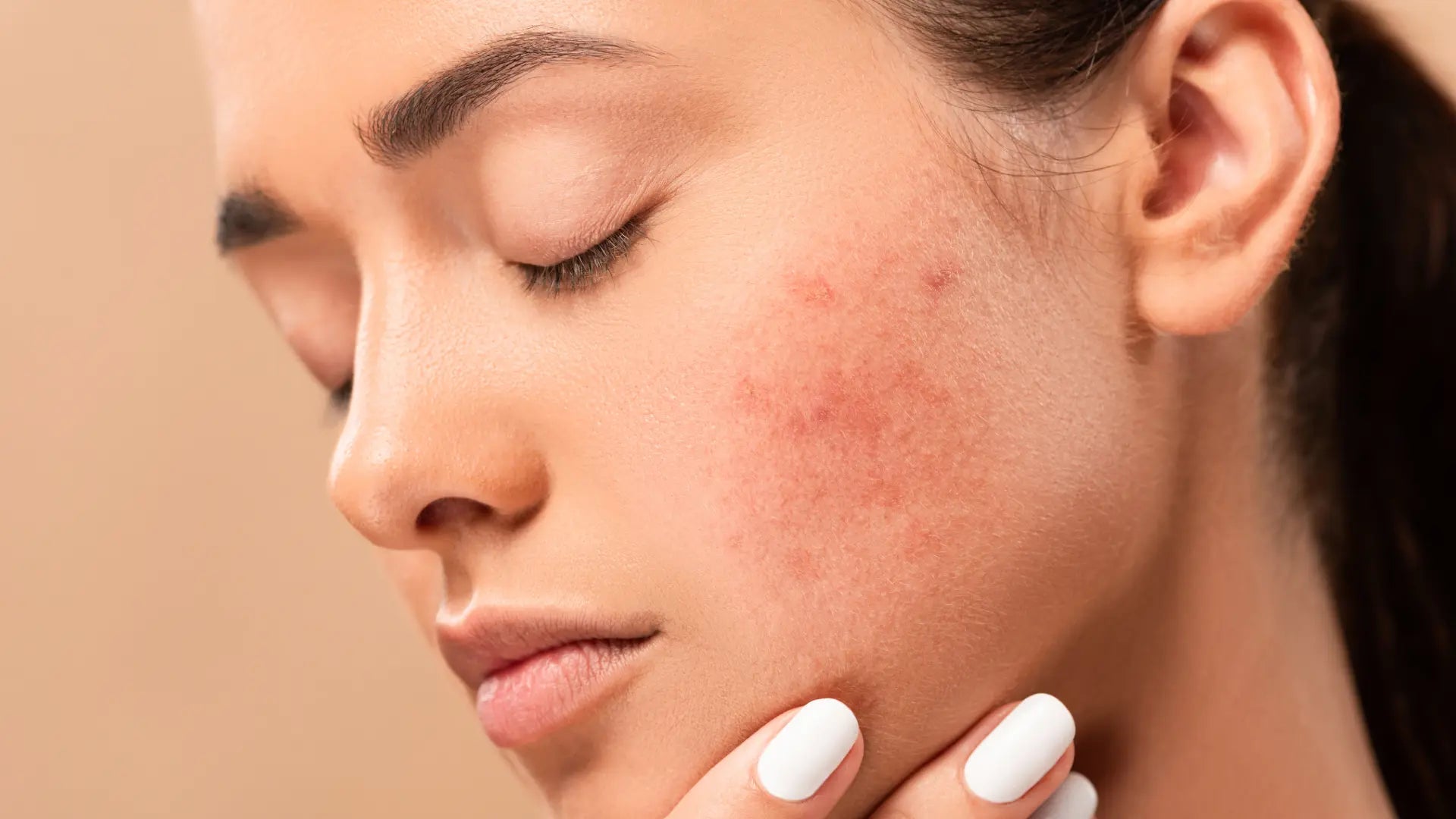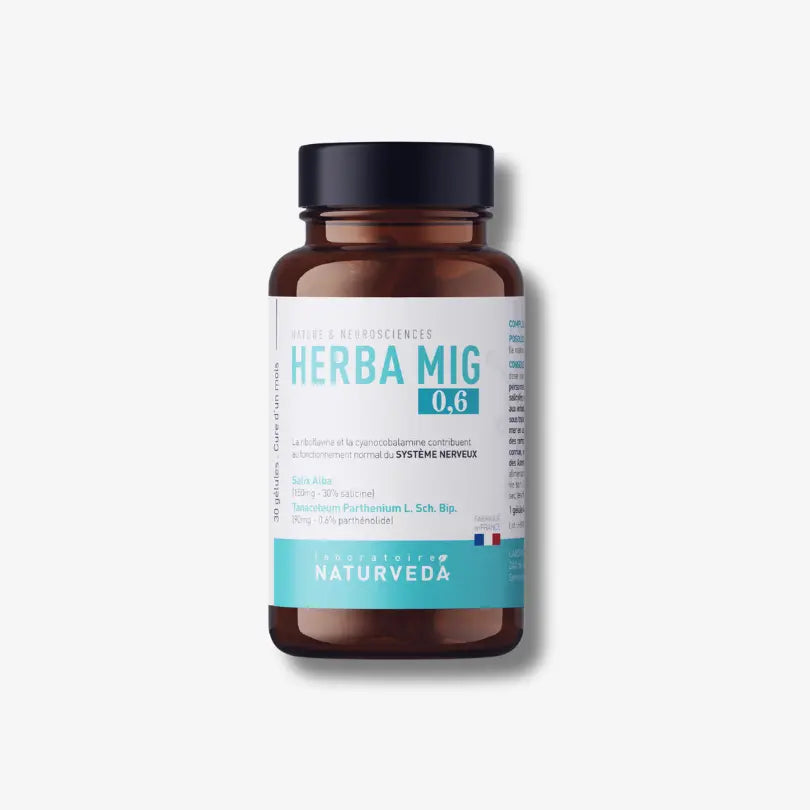When you're dealing with a persistent problem like acne, it's often tempting to follow every advice you're given to improve acne treatment . However, some tips, while they may seem logical or effective at first glance, can actually make the situation worse.
Do Sunscreens Really Cause More Acne?
It’s easy to believe that sunscreen clogs pores and makes acne worse. In reality, it’s not the sunscreen itself that causes problems, but rather the type of product used. Choosing a non-comedogenic sunscreen can really make a difference. These special formulas are designed not to clog pores and are often lightweight in texture.
For those prone to acne, it's a good idea to opt for a sunscreen labeled "oil-free" or "for oily skin." These products typically contain ingredients that help control excess oil, preventing breakouts from becoming a breeding ground.
Another factor to consider is application. It is essential to apply sunscreen evenly, neither too much nor too little. Thorough but gentle cleansing of the skin at the end of the day can help remove any remaining cream and prevent acne breakouts.
Keep in mind that the sun, while tempting to slightly dry out surface pimples, can cause acne to rebound with more severe breakouts. Sun protection is therefore an essential step in maintaining healthy skin, even for acne-prone skin.
Toothpaste to dry out pimples: a good idea?
Ah, the famous toothpaste myth! You may have already been advised to try it, claiming that this miracle bathroom product has the power to dry out pimples and make them disappear quickly.
Although toothpaste contains ingredients like baking soda and hydrogen peroxide that can have drying properties, putting toothpaste on your skin isn’t recommended by dermatologists. Why? Because toothpastes are formulated to clean your teeth, not treat your face. They can irritate your skin, overdry it, and potentially make your acne worse.
The truth is, skin needs a delicate balance, and adequate hydration is essential for its health. Rather than resorting to less-than-recommended methods, opt for specific treatments containing validated ingredients such as salicylic acid or benzoyl peroxide. These active ingredients are often recommended by experts to effectively treat and reduce the inflammation of pimples without attacking your epidermis.
Washing your face three times a day: effective or excessive?
You might think that the more you wash your face, the cleaner your skin will be and therefore, less prone to acne. However, washing your face three times a day can actually make the situation worse. Over-washing can strip your skin of its natural oils, making it dry and irritated, which can paradoxically lead to an overproduction of sebum, thus exacerbating the problem.
It is generally recommended by dermatologists to cleanse your face twice a day, morning and evening, with gentle products that do not attack the skin. A sensible daily routine helps maintain an essential balance to avoid new breakouts or worsening irritation.
If you sweat excessively after a workout, a simple rinse may be enough to remove excess sweat without irritating your skin with frequent and aggressive cleaning. So, opt for a simple but effective approach for your daily facial care.
Letting the skin breathe: is that enough?
Letting your skin breathe is often recommended as a simple solution to help improve acne. However, relying on this approach alone is not enough. Think about it for a moment: our skin is exposed to various environmental factors every day that can block pores and cause blemishes.
Avoiding comedogenic products is a good start, but adopting a proper skincare routine is essential. Deeply cleansing your face, morning and night, with an oil-free formula can really make a difference. Not only does this help keep your skin clear, it also removes excess oil and prevents breakouts.
Also, don't forget the importance of targeted care and hydration. After all, hydrated skin is happy skin. The routine suggested by dermatologists, which includes specific care in the evening and a moisturizer in the morning, is a balanced and effective approach.
Finally, integrating complementary solutions such as regulating herbal teas or probiotics can also contribute to the health of your skin. Thus, letting your skin breathe should not be the only strategy adopted. Rather, it is part of a whole, a crucial step, certainly, but which needs to be accompanied by good care and prevention practices.
Makeup: friend or foe of your skin?
Ah, makeup! That faithful ally in our daily beauty kit. But when we fight against acne, it quickly becomes a delicate subject. You've probably wondered if wearing it regularly would only make the situation worse. The truth: it all depends on how and what products you use.
Makeup products can be formulated with ingredients that clog pores. That's why it's crucial to choose non-comedogenic products. These are specifically designed to avoid making acne worse. So, opt for brands that emphasize this characteristic, like La Roche-Posay with its Effaclar Duo+ Unifiant, which has a dual function: it unifies and treats at the same time.
Another historical point: the famous 'layering' - this superposition of layers of makeup to obtain a perfect complexion. Bad idea! Too many layers will inevitably clog your pores. Here, less is more: opt for lightweight products and above all, oil-free.
The sacred step of removing your makeup is non-negotiable. After a long day, even if the call of the pillow is strong, never forget to remove your makeup thoroughly to avoid bacteria buildup. Use a gentle deep cleanser and finish with a suitable moisturizer.
Does oily skin require less hydration?
It’s easy to think that oily skin doesn’t need moisture. However, this is a myth that often persists. When you deprive your skin of moisture, it can compensate by producing even more sebum, making the oily appearance worse.
Incorporating a lightweight, non-comedogenic moisturizer into your daily routine can make a big difference. This is especially important after cleansing your face—which should be done twice a day with a gentle product. This helps maintain skin balance and prevent dehydration. Also, consider slathering on moisturizer first thing in the morning to start your day off right.
Following the recommendations of Laurent Misery, dermatologist at the Brest University Hospital, it is crucial not to neglect hydration. He reminds us that the key is to find the right product , that is, one that hydrates without weighing down the skin. This is part of a well-balanced routine that could promote the gradual improvement of your skin.
Conclusion
It can be difficult to know what to do when it comes to acne, with so much conflicting advice out there. Some advice, while it may seem logical or popular, can actually make your skin worse. Whether it’s overuse of products, questionable home remedies, or uninformed habits, it’s crucial to understand them well in order to better avoid them. Instead, follow the recommendations of healthcare professionals who will always be better equipped to offer solutions tailored to your skin type. After all, informed and compassionate care is the key to treating acne effectively.






